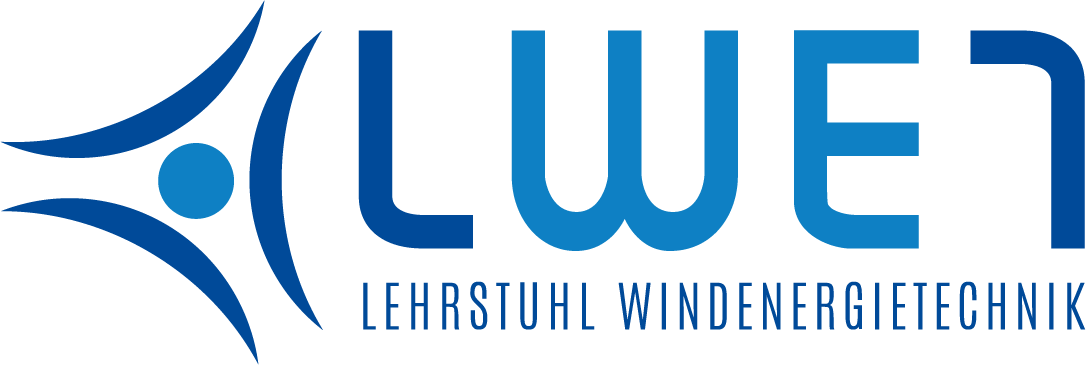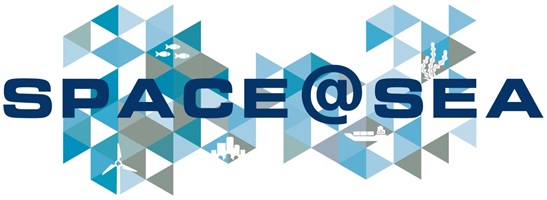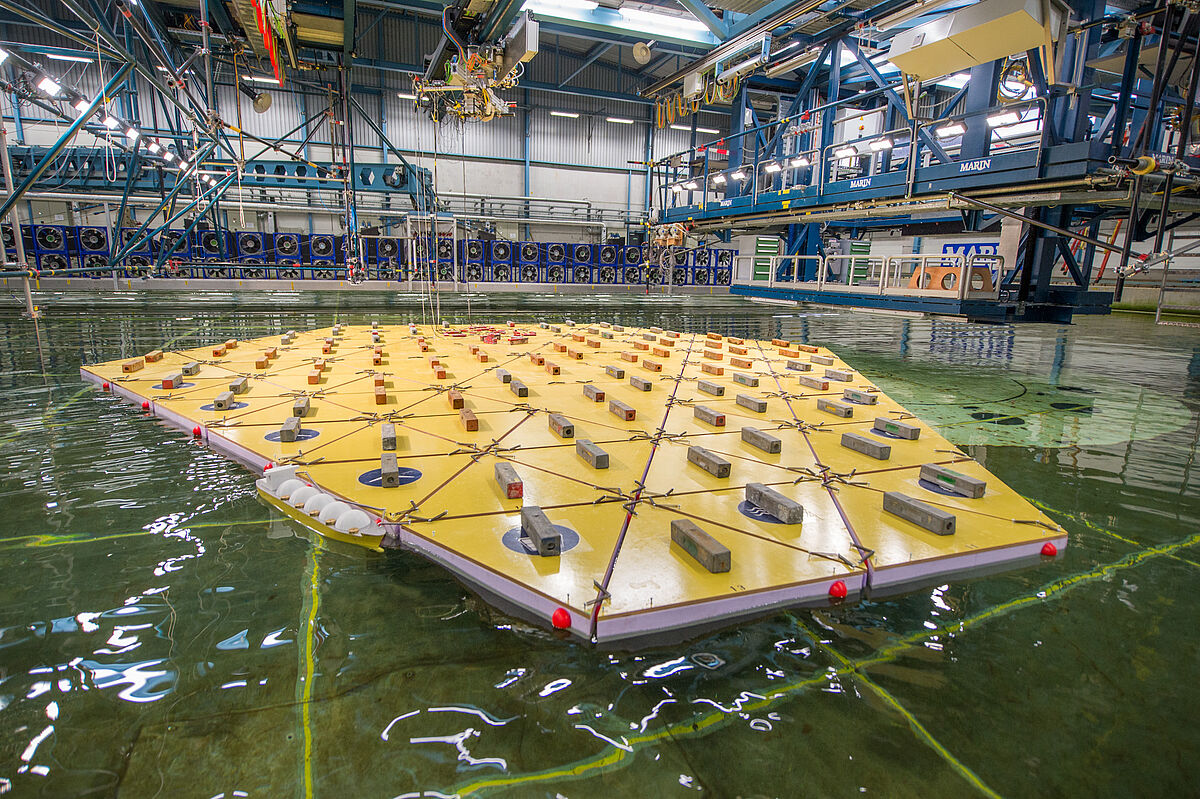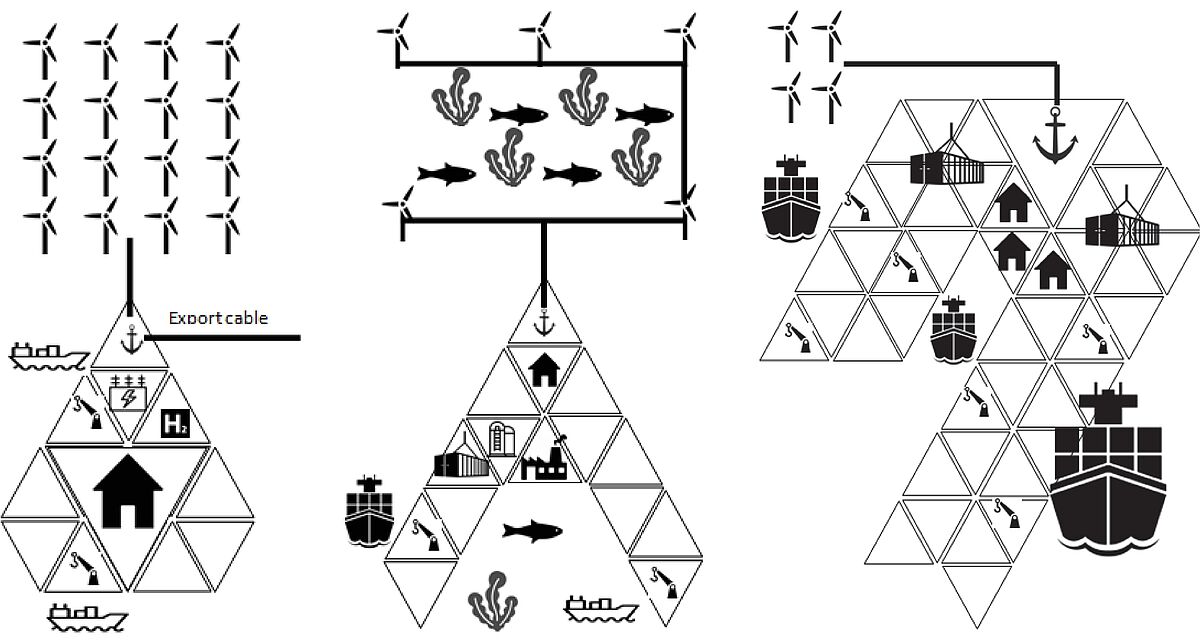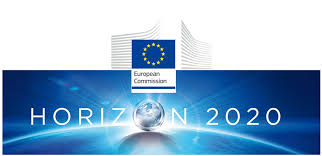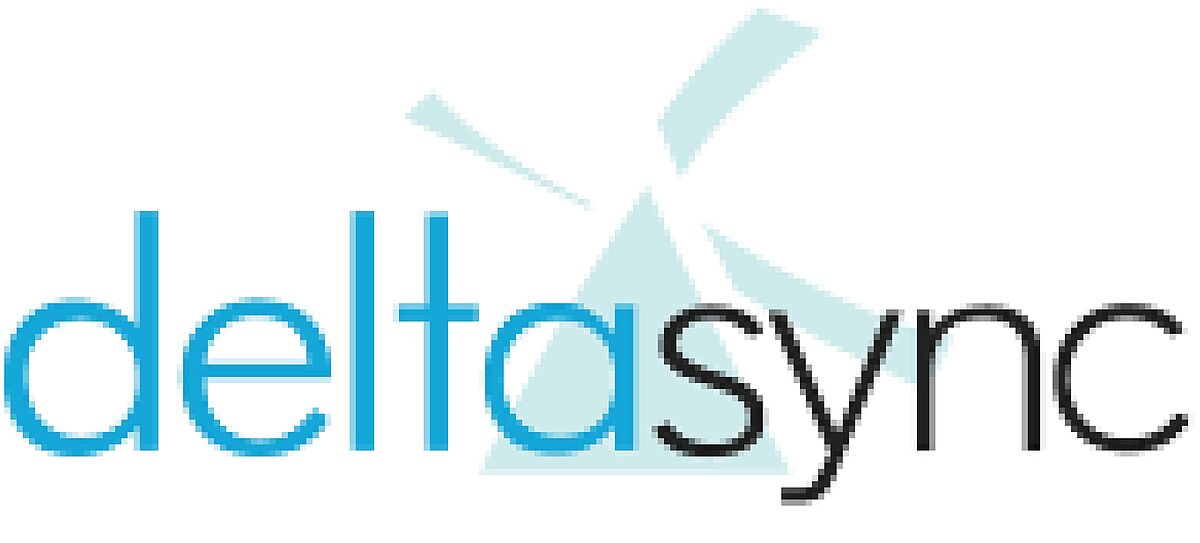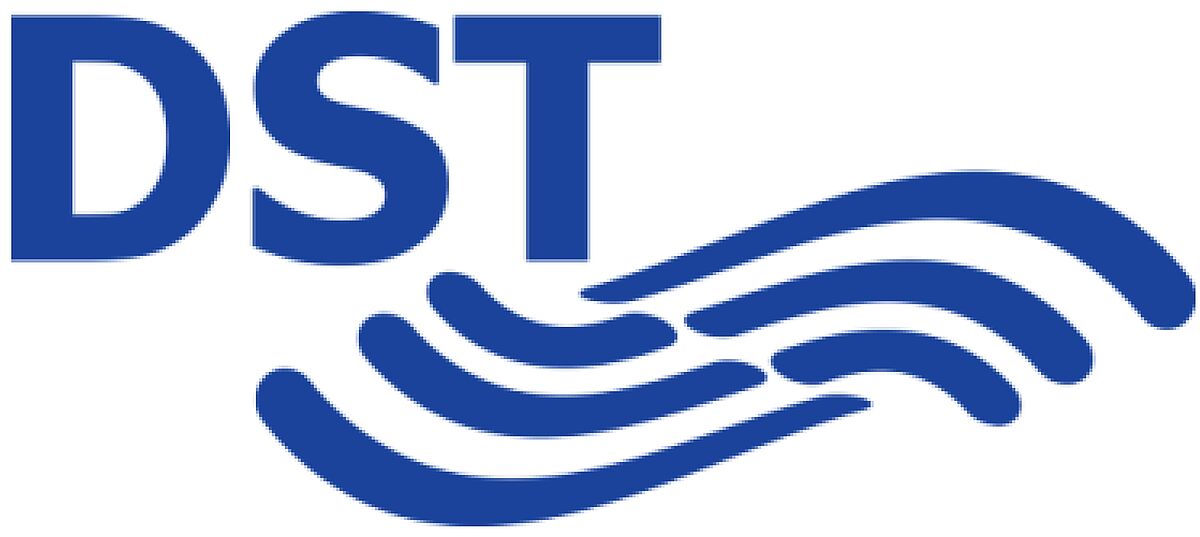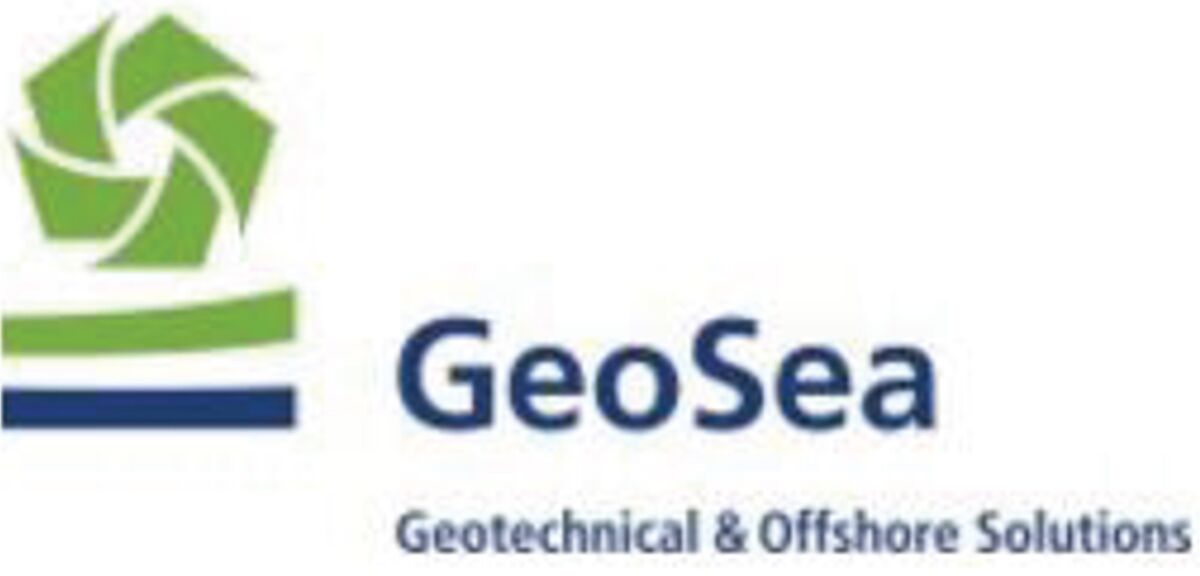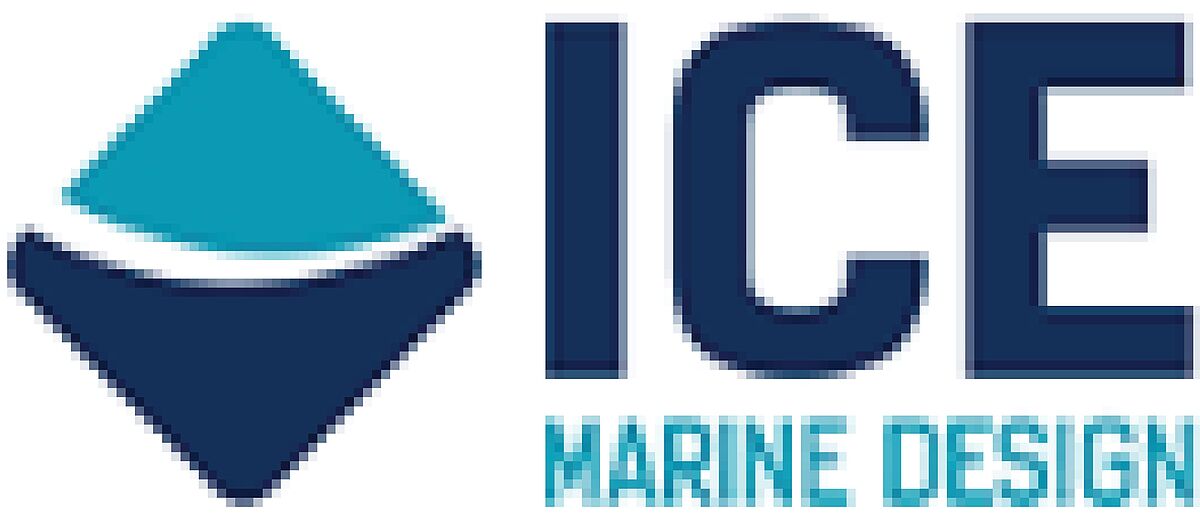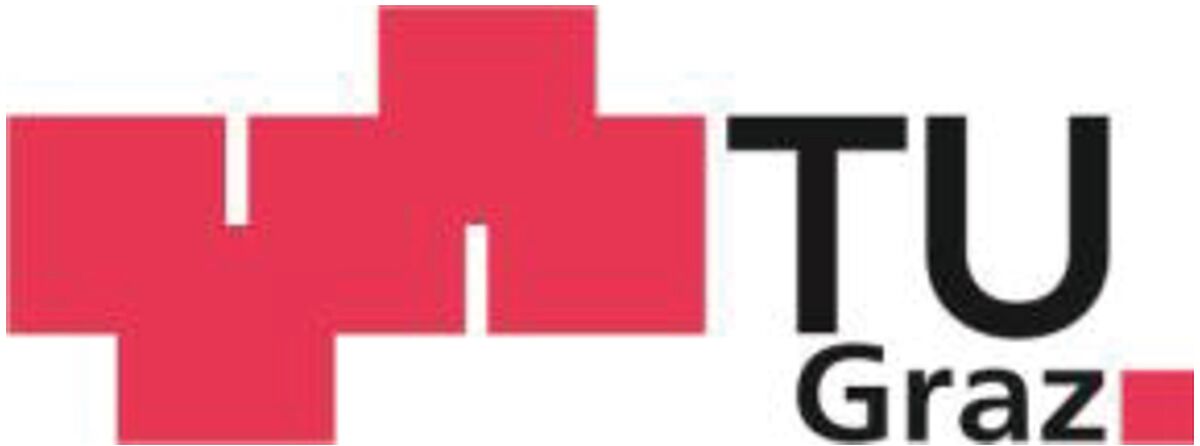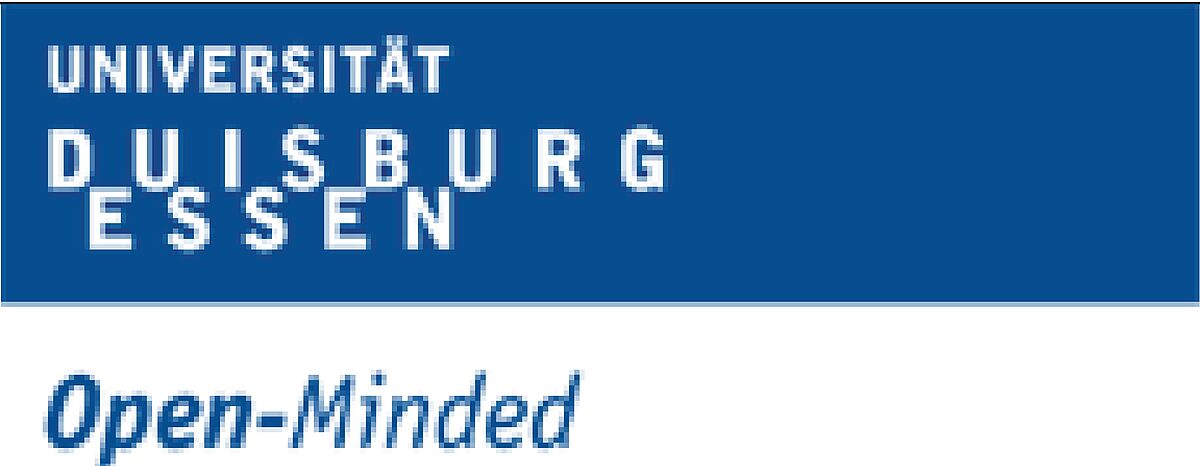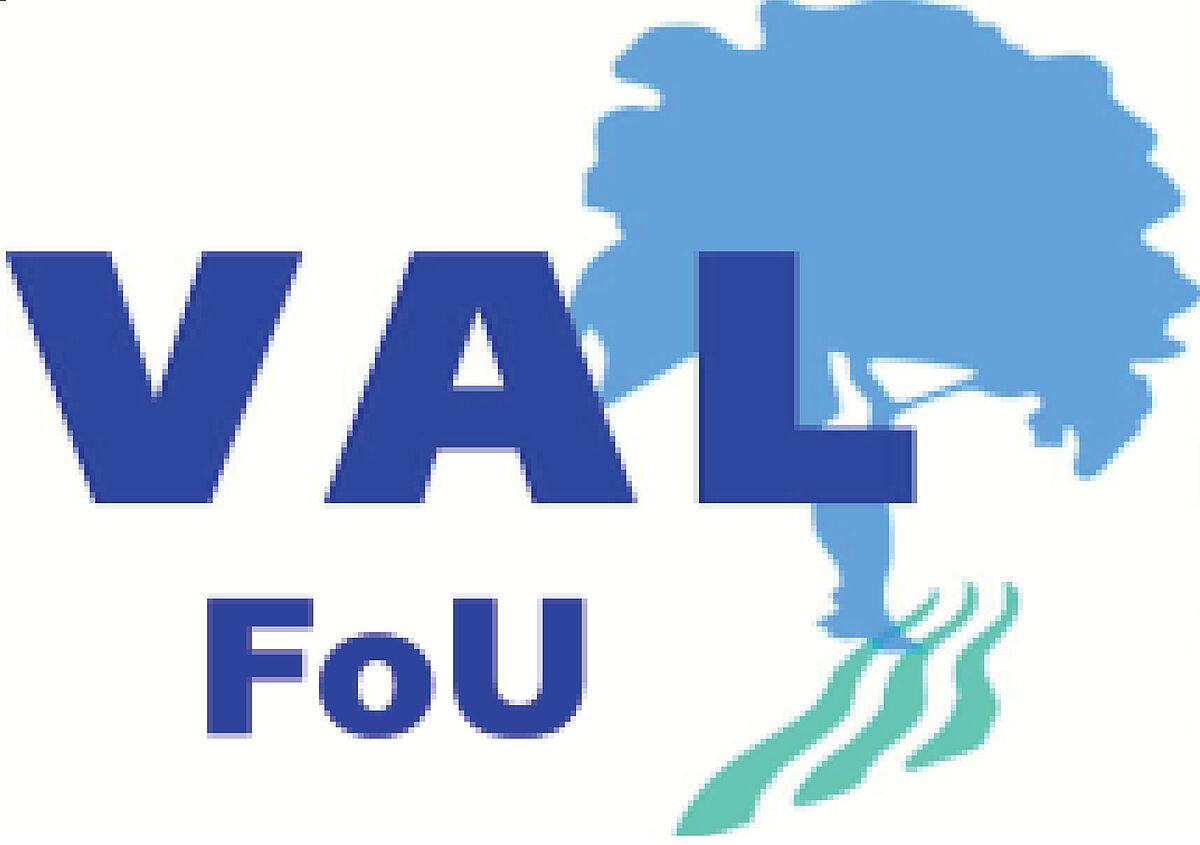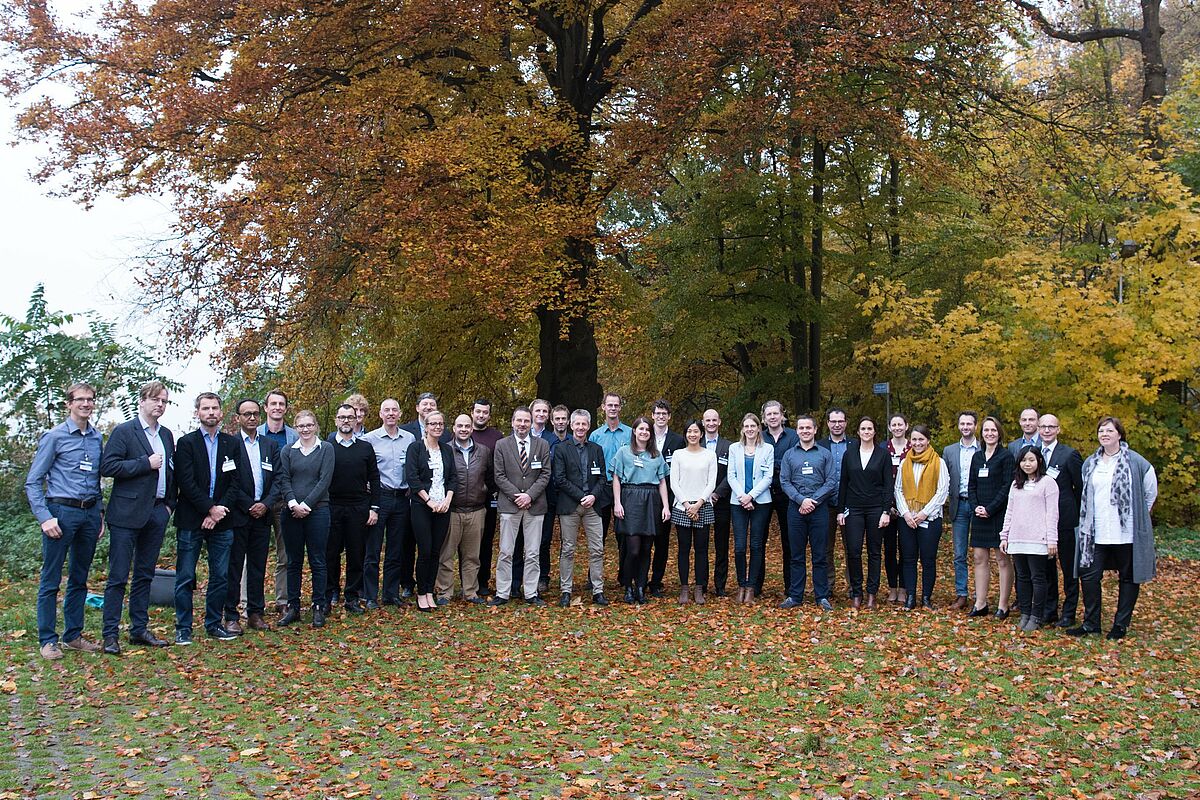Space@Sea
Project Duration: 11/2017 - 10/2020
The Space@Sea project aims to develop multi-use platforms with the objective to develop safe and cost efficient deck space at sea. Due to the increasing population and scarce usable space on land, there is an increasing need for sustainable food and renewable energy from the ocean. In the future these will be supplied more and more by fish- and seaweed farms and ocean energy (floating) wind turbines. There are also geographical locations where additional housing or logistic hubs are needed. All these developments need a flexible and scalable concept that can support a multitude of activities at sea. Space@Sea consists of a group of companies, research institutes and universities that will develop a modular concept for multi-use platforms. Standardised floaters that can be produced at low cost will form the basis. The approach will reduce the cost through standardisation in a similar way that containers reduced the cost of transport in the past. Each floater can support a different function, such as: housing, renewable energy hub, aquafarming (seaweed, algae and fish farms) and logistics equipment. By combining the applications in different ways, Space@Sea will form islands according to the specifications for the location and function at hand.
At the University of Rostock two R&D groups are involved into Space@Sea by name the Institute for Media Research and the Endowed Chair of Wind Energy Technology.
The Institute for Media Research focuses on WP7. This work package addresses the conceptualization of marine floating islands that are intended for human habitation (living, working, recreation). These floating islands could be located on the high seas, near economic marine activity, or closer to shore, as an extension of existing cities or port areas (e.g. “Maasvlakte 3”).
The Endowed Chair of Wind Energy Technology focuses on WP6. The main objectives are to investigate possibilities for harvesting and storing energy for a self-sufficient maintenance hub. With regard to this, the well-known renewable technologies will be combined into one hub or module at sea. The energy hub will be a combination of several modules or one single module.
The Project Leader Dr.-Ing. Frank Adam will be glad to answer any questions you may have.
Project duration: 11/17 - 10/20
Project Staff: M.Sc. Moe Moe Aye
Space@Sea at Twitter: https://twitter.com/SpaceAtSea

